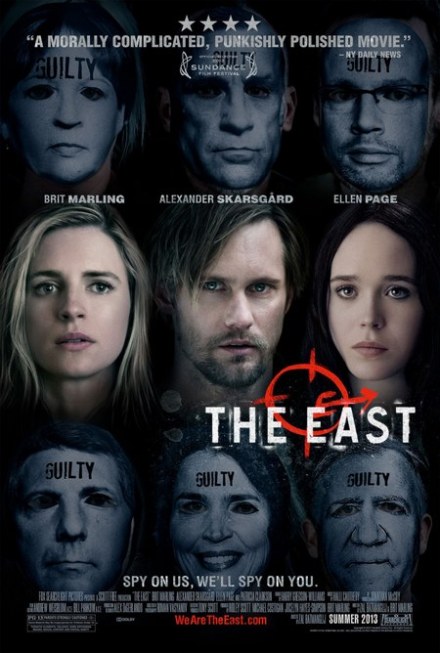World Vision has caved under pressure. I don’t necessarily count this as weakness on their part. As an explicitly Christian charity, the kinds and amounts of pressure that can be brought to bear against them are unfathomable. Which leads me to my first point: the Gospel is under attack, but not from outside. Rachel Held Evans summarised this so eloquently.
I have been working myself up to this point for a while, thinking about complicity and bigotry and where I stand in the strange maelstrom of where all these things intersect with theology. To those who know the shape of our souls silence does not mean assent, but to the world at large silence is yes. This is true of social organisations too. To outsiders an absent no means you agree. Always.
This is how systemic evil stays alive: when good men stay silent. If nobody speaks out, everyone stays isolated and impotent in their dissent. It’s in the absence of communication that relationships break down, societies calcify, progress is hamstrung.
And I want no part in it.
This is what I believe. I lay it out in public, because that’s where it may be a small crack in the monstrous monolith that outsiders perceive Christianity to be.
The roots of Christianity are set in the hearts of the oppressed. It’s in the history of the Jewish people; it’s in the oppression of the early church. In the Bible we find, over and over again that God is the God of the oppressed, of those on the underside of power, no matter who they happen to be. The gospel is the story of a God who comes down to the powerless and broken, and offers them healing. I believe that it’s our sacred duty as Christians to speak out against oppression, especially when it originates within the church, because silence is complicity.
Jesus calls us to love. Wherever we support, even implicitly, the systematic oppression of others, we have moved away from God and His good news.
Homosexuality isn’t even close to the issue that it is made to be, even if you believe in its inherent sinfulness. In the Bible, homosexuality is outshone by things like greed, hate and oppression to such a degree that we can almost round its score off to zero. That’s the problem here: it’s become a political issue, not a theological one. It’s a hot-button topic used by lazy preachers to create a fictitious enemy that the church can unite against.
But the church doesn’t need to. The gospel is so much more than a set of rules to protect with force. The only people Jesus ever used force against were religious people. Everyone else received an invitation. So the question comes up for each of us: if Jesus were here, would he weave a whip for me?
Creating laws to kill and imprison people for their sexuality is deeply wrong. We cannot legislate our specific morality: down that road lies fascism and all the many inventive evils that flow from it. Jesus didn’t call us to patrol the actions of others, especially not those of people who hold different beliefs. Not even God does that. If the most high respects free will enough to allow me my faults, who the hell are we to withhold our love in some misguided attempt at social engineering? We’re to bring good news, love and healing.
Withholding homosexuals the right to work alongside fellow Christians for the betterment of the world is more than sad, then. It’s misguided, loveless and evil. As long as the church keeps pushing this stupid homosexuality agenda (in all its forms), it will be an empire of oppression. It will be part of the problem that our religion was started to solve.
The stance taken by most Christians on this topic is so disgustingly toxic that it beggars belief. It is so ‘far-sighted’ that it needs glasses to see its own sin. As long as we remain sinners, we have no right to even pick up stones, no less cast them. I am staggered by the amount of damage done by the rejection of homosexuals. It is possible only because the Christians doing so reduce these people to a single characteristic. These are people who love, fear, feel, cry, dream, and laugh. They are flesh and blood, with lives like ours, full of beauty and complexity. Just like us.
We are meant to be a force of love in the world. The body of Christ. Christ who loved and accepted whores and killers and you and me. We are in good company, no?
Personally, I don’t believe homosexuality is a sin, but “allowing it” (if we assume that it’s sinful) will never be able to live up to the destruction that is being sown all over the world by those who oppose it. Don’t we ‘allow’ so many other sins too, anyway? Isn’t that the point of forgiveness, of tolerance and love?
Christians must start speaking up against wrongs. If we don’t, nobody’s going to change it for us. So this is my start. I denounce Uganda’s gay bill, Russia’s legislation, every Christian’s clamour against a charity allowing homosexuals into its ranks. We must speak out against anybody who treads on those who are different from them.
This madness needs to stop. It’s small-minded and unworthy of people who claim that God is love.

